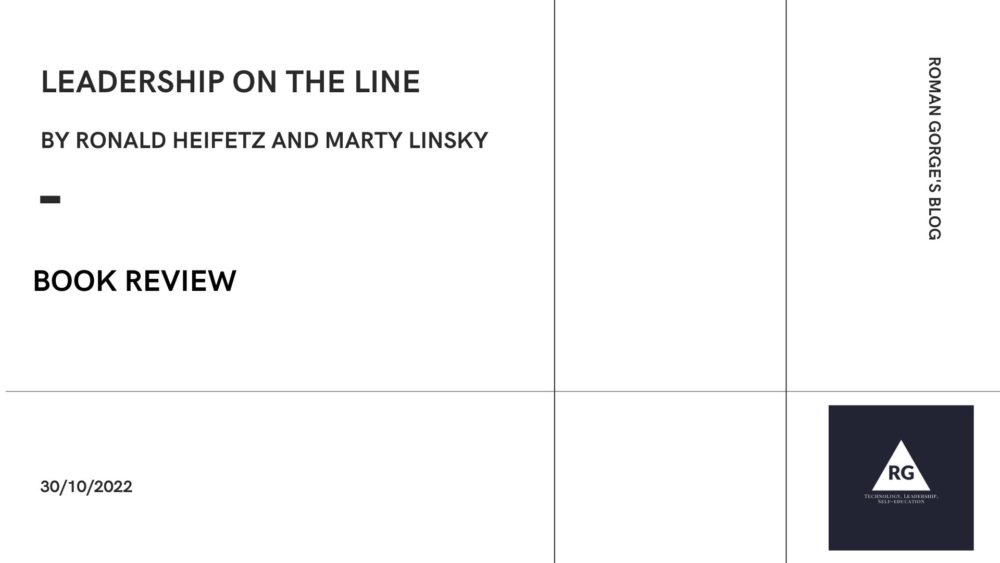There would be no need for leadership, if all challenges were technical. But, luckily, not all challenges are technical. A lot of them are adaptive and they require people to learn new ways and cannot be fixed by applying current know-how. This idea is pretty simple, but opens an interesting discussion that authors of the book are following through.
Indeed, the change is always associated with a danger. And for those who are in leadership position it is vitally important to stay alive going and leading through the change. In the first part of the book, the authors describe what dangers of the leadership are and what forms they take. The most interesting idea in this part of the book for me was about loyalties.
When you ask people to change and adopt something new, you ask them to abandon their existing loyalties at the same time. And a lot of people are reluctant to do that. Our society values consistency in the one behavior. On top of that, there is a natural loss avoidance that is hardwired into humans. So, if the change is associated with some losses, adoption of new values and etc., people will resist.
And their resistance will be most probably convert into attack on those who are driving and impersonalizing the change. Hence, you are on the line if you hold a leadership position. For me it translates into a simple fact – there is nothing personal, it is just a natural reaction.
The second part of the book focuses on how to respond to dangers of leadership. The authors provide many examples and advices that are highly relevant for leadership in large organizations. This part is highly valuable as it gives practical advices how to lead through the change and how to orchestrate conflict to make people actually change their behavior.
In the last part of the book authors reflect on how keep yourself in line and how to anchor yourself. And this was also an interesting topic for me. People around interact not with me, but with the role that I represent. Hence, I need constantly remind myself to distinguish me from the role. If tomorrow my role will change, all associated with it importance and limelight will be gone.
Overall, 5 out of 5. There are a lot of new ideas that I found in the book together with practical advices.
Check out my other book reviews!

